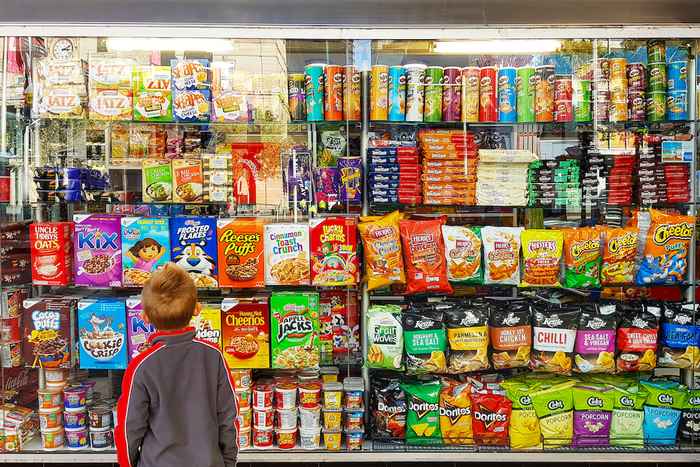Should marketing unhealthy food and drink to children be banned?
Amsterdam Law School
17 November 2022

Greater risk of health problems
While children have proven to be more susceptible to the marketing of unhealthy foods than the average adult, the Netherlands largely relies on a self-regulation model to regulate food marketing to children. As a result, Dutch children are exposed to unhealthy foods and beverages at a disproportionate rate and, as such, are at a considerably greater risk of developing health issues.
Possibilities for a marketing ban
The report prepared by Law & Policy Clinic students and VU Biomedical Sciences students researches the possibility of introducing a ban on all marketing. This ban would apply to all forms of marketing unhealthy food and drink to children under the age of 18. In addition, the report aims to provide an insight of the legal tools which can be used to reach this proposed goal.
The report finds that, at present, no specific provisions exist, at the international, European or domestic level, that obligate the Dutch state to ban the marketing of unhealthy food and beverages to children. However, based on the general duties the state has to protect children, the state could adopt a stricter policy towards food marketing to children. The report finds in that respect: “(…) there are solid legal grounds based on human rights conventions ratified by the Netherlands than can sustain such a policy.”
Litigate against specific advertising campaigns
Alternatively, the report finds that court proceedings against the Dutch state could be initiated based on the state’s failed obligation to ”(…) comply with his duties to protect the child from violations of their right to health, to life, and to be free from commercial exploitation”.Additionally, based on Dutch consumer law, individual food and beverage companies can also potentially be taken to court to challenge individual advertisements. Even though such proceedings will not result in a general ban on the marketing or advertising of unhealthy foods to children, it could still be a step towards ultimately banning that type of advertisements.